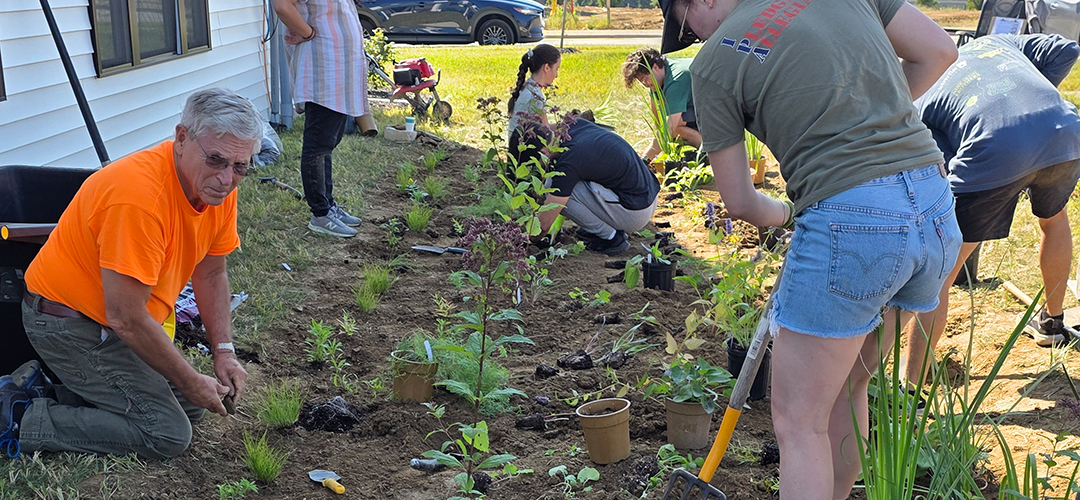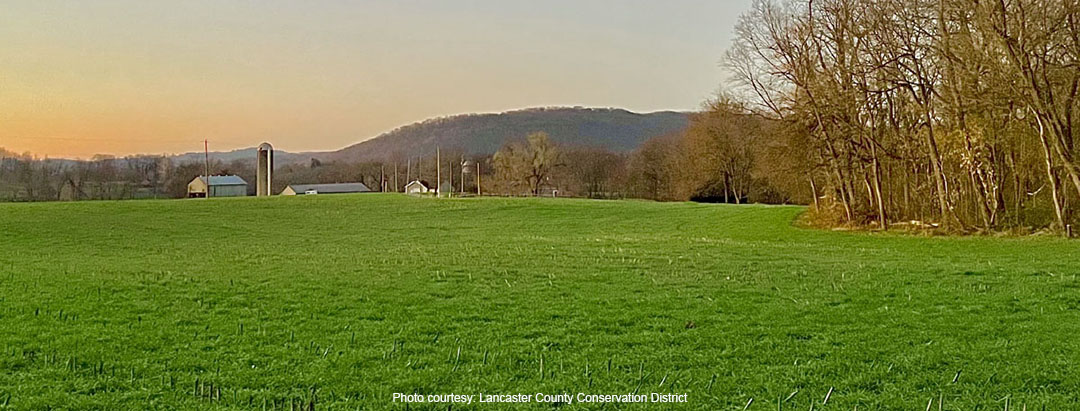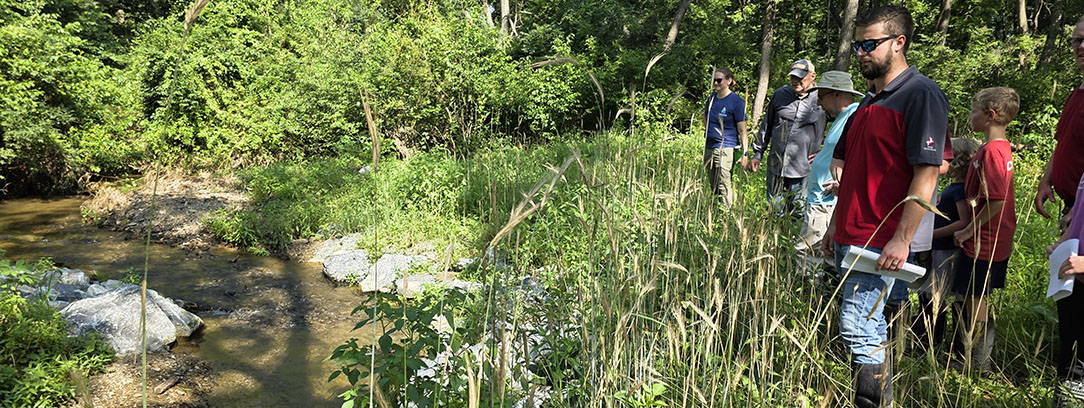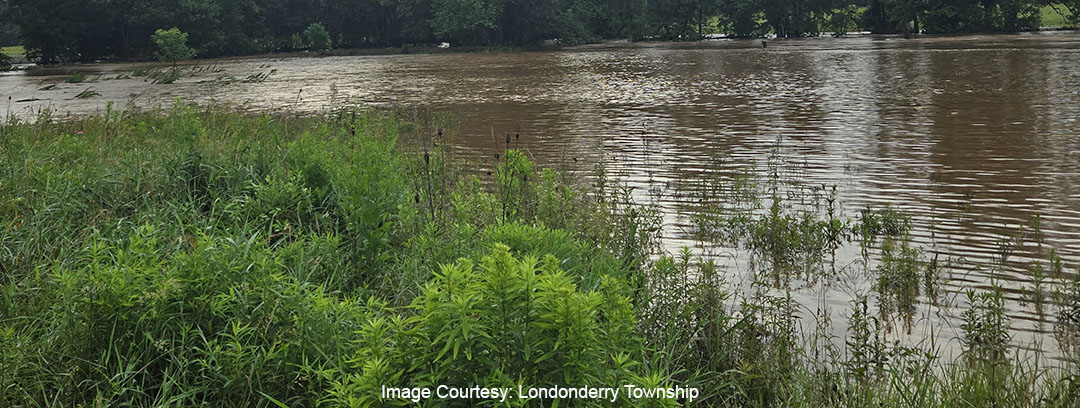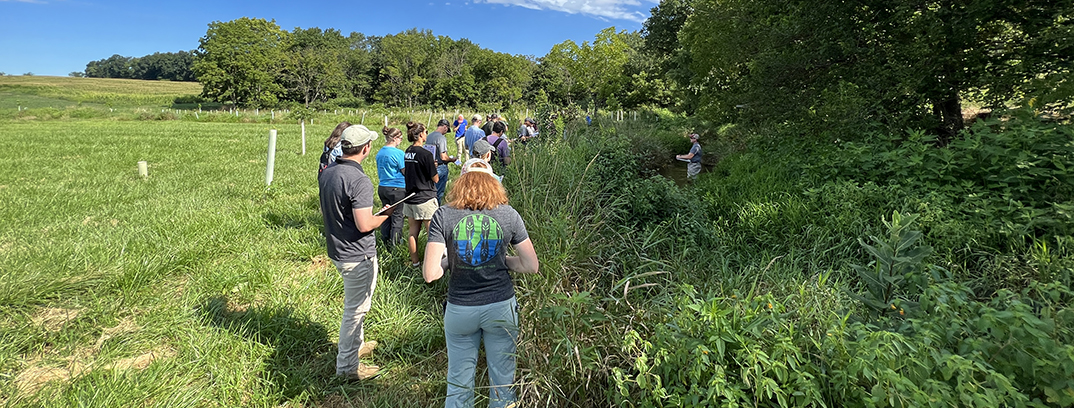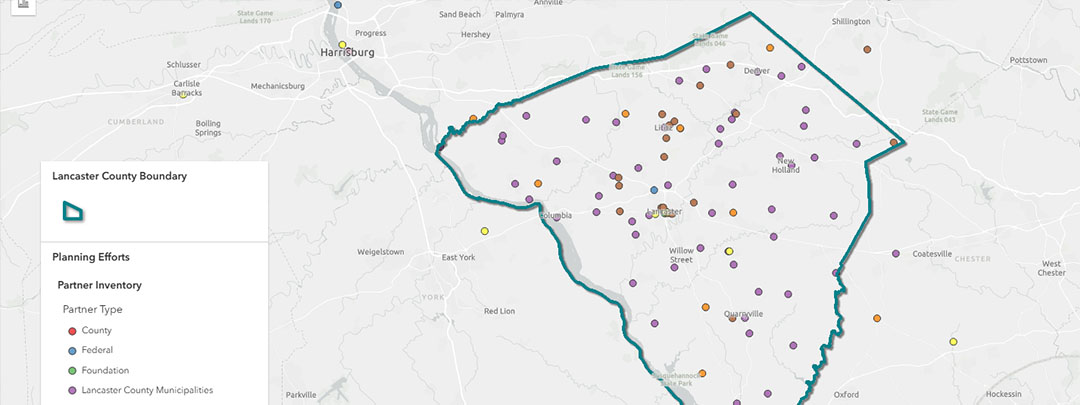A Common Agenda for Lancaster.

– by Allyson Gibson
A Commitment we make together. A Common Agenda for Lancaster.
When people ask how we as a network function all together or what does collaboration actually mean in real life, every one of us can answer by describing relationships and values and tools we have access to. For the work towards clean water in Lancaster County, our Common Agenda is an especially important tool. But seriously, what is it?
It’s not a strategic plan.
It’s not a comprehensive plan.
It is not a quick process to get one and it can’t be done in a vacuum.
It IS a commitment to a shared goal with a roadmap of how we’re all going to get there together. And for Lancaster that shared goal, our network’s vision, is clean and clear water by 2040. We use a Collective Impact approach, rooted in our Common Agenda, a backbone organization, a shared measurement system, mutually reinforcing activities, and continuous communication to tackle complex environmental challenges. The Common Agenda keeps us all in accord with our goal.
Paul Born writes that “a common agenda has three primary purposes, each as important as the other:
- First, it is a document of the key goals and strategies that a network of partners (the people who have joined together to change their community) have agreed to and that they will use to implement their strategy. It forms a common understanding between the partners for what they have agreed to do together.
- Second, it is the outcome of broad-ranging research and consultations and a way of sharing what those partners have learned within their broader community (including the journey of learning) and provides a rationale for the goals they have chosen to work on together.
- Third, it is a road map for how those partners have agreed to work together, including a budget and their governance model.
But, of course, it is so much more than that.”
Our common agenda for clean water has served all 3 of these purposes since its inception in 2017. Since then we’ve integrated details and strategies from the county comprehensive plan, Places2040, and our Countywide Action Plan (CAP). But now in 2025 with more maturity as a network, more voices involved in the collaborative approach, more research in the social and watershed sciences, our effort to craft a new common agenda needs to reflect our progress and our big, bold road ahead for 2040.
So for the last 7 months, the network of partners and organizations doing clean water work in Lancaster have been in a participatory process to inform that new common agenda. With a Common Agenda Planning Committee of 7 local individuals at the helm along with expertise from Due East Partners leading us, we have gathered and synthesized wins and needs for the network’s next chapter. Through listening sessions, interviews, learning tours, online surveys, and large group discussions, we have valuable ideas and preferences for the revised version of the common agenda.
But why is this important?
Again, from Paul Born: “To be committed to change is to bring our organizational assets and individual talents collectively together in order for the whole to be greater than its individual parts.”
Years ago, finger pointing was regular, sending blame around and faulting people or whole sectors. Today, we as a community have committed to create the change we want of looking ahead instead of back, sharing responsibilities and resources, which is not possible by one organization alone. Creating that change requires more, which is convenient because individual organizations become more when they work together. That is capacity growth, which may show up as bigger grants awarded, a diversity of skill sets, more confident staff, and partners who don’t care who gets the credit.
And it’s creating a reality in Lancaster that produces results like improved water quality, collaboration at a new scale, and an efficiency of processes at a higher level. There is still a lot of work to be done. We do not and cannot ignore that. But having a newly revised Common Agenda is the strong pathway we will follow to success. Together!
We invite you to join this collaborative network, and here are a few ways:
- Become a partner organization
- Join an Action Team
- Use the Common Agenda to guide your organization’s work or a project that you’re part of and tell us how it went
- Write a blog or create content about how clean water is a thread of connection in your community
- Invite a partner to be part of a project and go bigger than you could do alone


